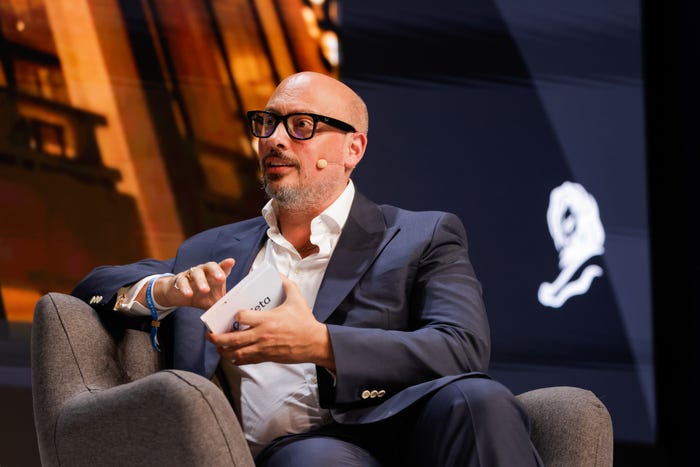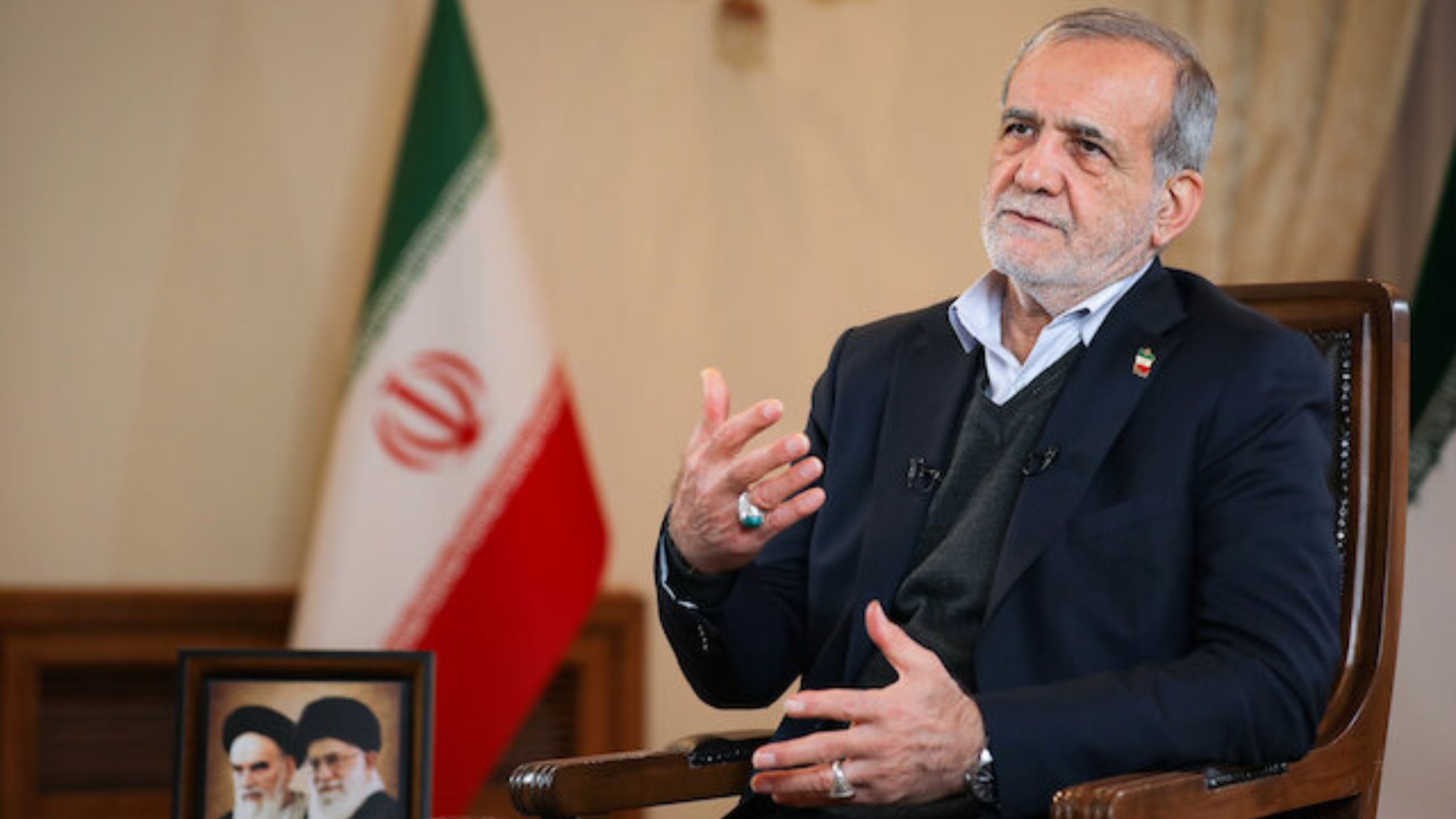Meta’s CMO Urges Founders to Delay Growth Team Hiring

URGENT UPDATE: Meta’s chief marketing officer, Alex Schultz, has issued a critical warning to early-stage startups: hiring a growth team too soon can hinder success. Speaking on the “Twenty Minute VC” podcast, Schultz emphasized that founders must prioritize growth themselves, rather than delegating it prematurely.
Startups often make the mistake of rushing to form specialized growth teams, Schultz argued. He stated that in companies with fewer than 300 employees, the entire workforce should focus on growth initiatives. “If you’re in a very small company and you’ve got like 200, 300 people, I would argue you shouldn’t have a growth team,” Schultz declared. Instead, he believes the CEO must take charge of growth, labeling it their “single most important job.”
Schultz’s remarks come at a pivotal moment for the startup ecosystem. Many founders, he noted, mistakenly seek to establish a growth team when they have around 50 employees, which he deems “silly.” Only when a CEO’s responsibilities expand into strategy, new product lines, partnerships, or sales does it make sense to consider a dedicated growth team.
Meta’s approach reflects this philosophy. The tech giant maintains a central growth team of a few hundred employees responsible for core infrastructure like SEO, ad tech optimization, and email systems. Each product, including Instagram, Facebook, and WhatsApp, has its own smaller growth team, typically comprising fewer than 100 members. “Across our nearly 100,000 employees, we have less than 1% of the employees in the growth team,” Schultz noted, underscoring the effectiveness of lean, talent-dense teams.
The conversation around “founder mode” has gained traction in Silicon Valley, with leaders like Y Combinator’s Paul Graham advocating for hands-on involvement from startup founders. Graham highlighted the importance of staying engaged in the details, citing Brian Chesky, CEO of Airbnb, as an exemplar of this approach. Similarly, George Arison, CEO of Grindr, expressed his commitment to founder mode, stating, “It’s great that someone gave it a title, but that has been my management style forever.”
As the startup landscape continues to evolve, Schultz’s insights serve as a critical reminder for founders to remain actively involved in growth strategies. This urgency to prioritize growth at the leadership level could reshape how early-stage startups approach their development, potentially influencing the trajectory of future innovations.
Stay tuned for further updates on this developing story as industry leaders respond to Schultz’s call to action.






